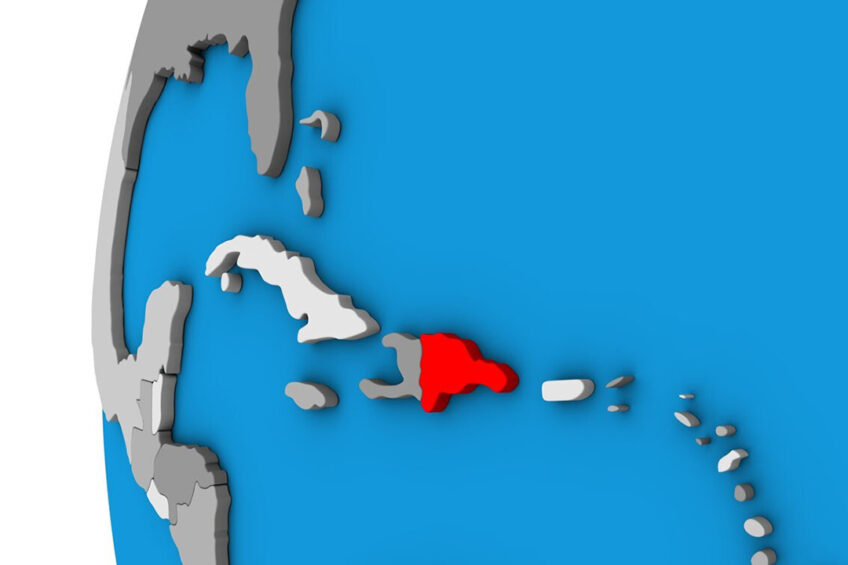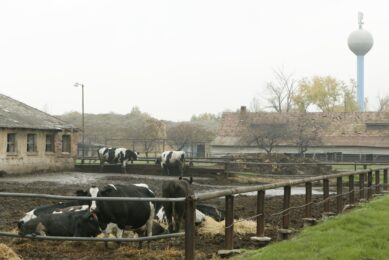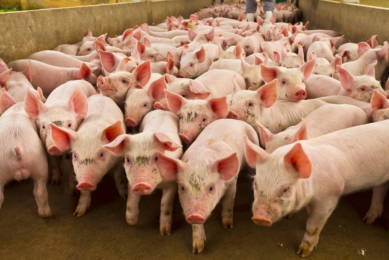“USA needs to regionalise if ASF jumps to Puerto Rico”

The United States will have to regionalise quickly in case the African Swine Fever (ASF) virus would jump from the Dominican Republic to the neighbouring island Puerto Rico. Under the current OIE regulations, it would mean that third countries could block pork imports from the entire USA.
That was explained by Rosemary Sifford, DVM, administrator at the Animal and Plant Health Inspection Service (APHIS), part of the US Department of Agriculture, in a special webinar around the theme of African Swine Fever on Tuesday night.
The webinar, organised by the National Pork Board, was titled “What ASF in the Dominican Republic means for US pork producers.” Dr Sifford addressed various issues around the virus which showed up in the Western hemisphere for the first time in 40 years and explained how the US got involved with the detection of the virus.
Puerto Rico is a US territory
Despite not being a US state, Puerto Rico is a territory of the United States. The island, having 3.3 million inhabitants, is located 115km east of the Dominican Republic.
Dr Sifford referred to regulations by the World Organization for Animal Health (OIE). She said, “The OIE does not distinguish between countries/territories regarding ASF status. If there would be a detection in Puerto Rico – or another US territory or commonwealth – we would work quickly to regionalise. If this were to happen, we would have to have all the documentation in place to quickly show protection for the US mainland. We would have to regionalise as much trade as possible.”
Regionalisation is often not as straightforward to achieve as it seems. When ASF broke in Eastern Germany, the country worked hard to get countries outside the EU to accept a regionalisation policy for non-affected states. After some months, Asian countries like Vietnam, Singapore and Thailand for instance accepted such a deal, and South Korea re-opened for selected pork products. However, by far the largest importer China has not accepted it so far.
Effective measures to prevent pork imports
It remains to be seen if it will ever get this far. For decades, there have been effective measures to prevent pork from the Dominican Republic coming into Puerto Rico or the mainland USA, because in the Dominican Republic, Classical Swine Fever (CSF, also known as hog cholera) is also present. In addition, when ASF virus was present in the Dominican Republic in 1978-1980, it did spread to neighbouring Haiti and later Cuba, but never crossed west to Puerto Rico.
The ASF outbreaks on the Dominican Republic were detected by APHIS as part of a cooperative surveillance, a quarterly service that the USA extends to other countries. The same service has been offered to Haiti and the country has indicated it would be presenting a request for assistance soon.
Apart from Dr Sifford, also John Sagle of the US Customs and Border Protection spoke at the webinar. He explained what the organisation does to keep the virus out of the USA.













